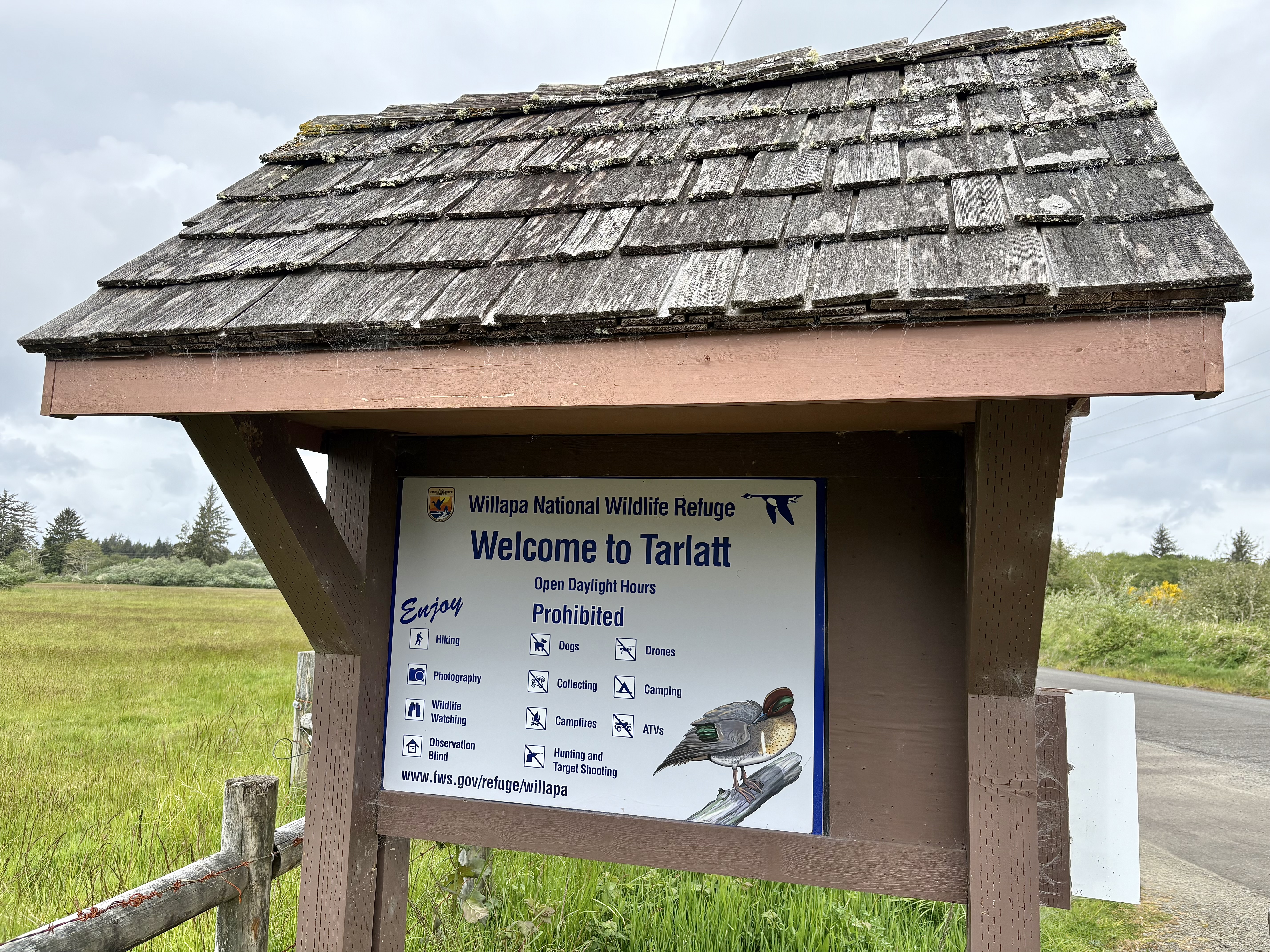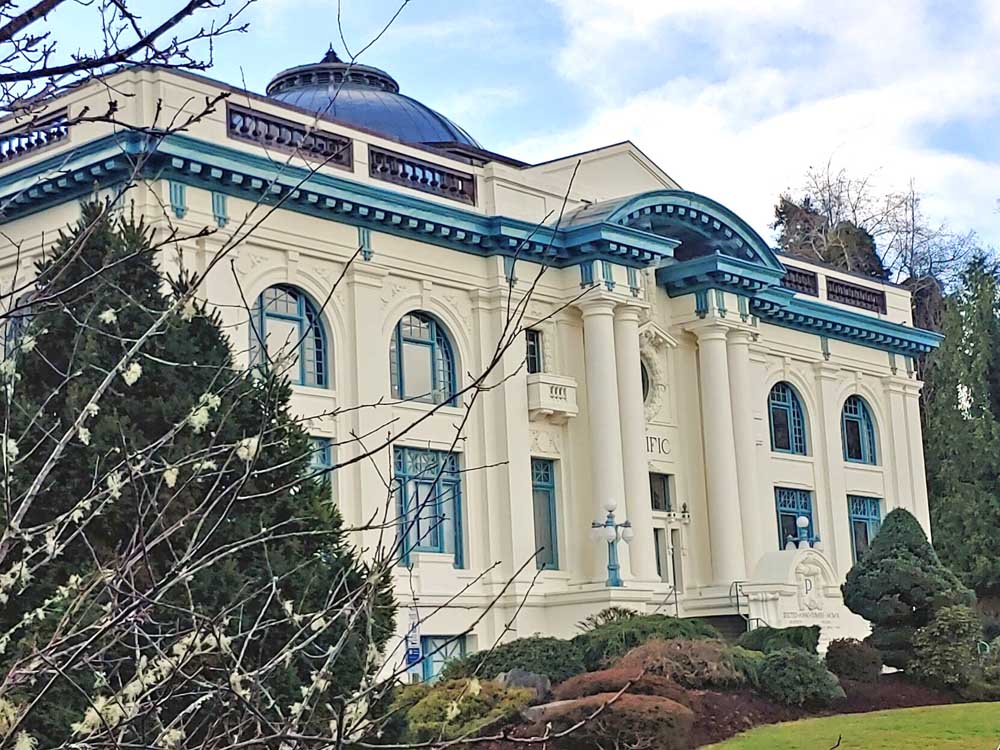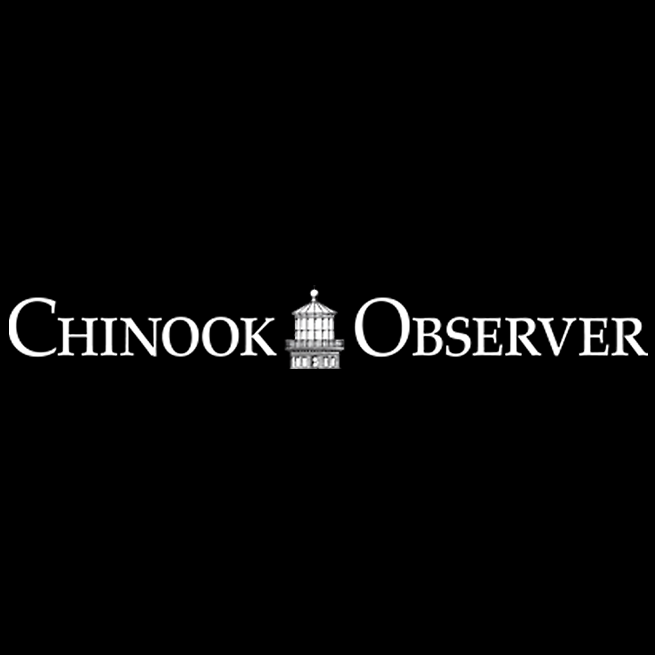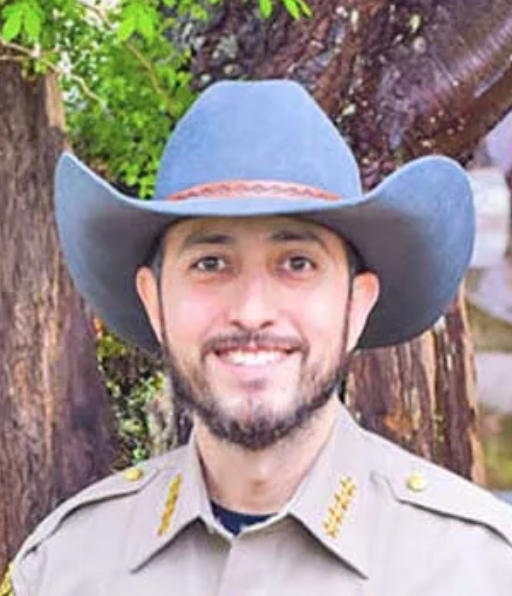County man played key role in Cambodian resettlement: Book launch is May 20
Published 11:15 am Tuesday, May 13, 2025
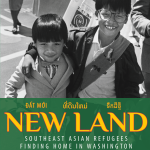
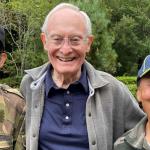
In 1975, Vietnam, Laos and Cambodia—the “dominoes” America long feared would fall to communism—finally tumbled. Thousands of Southeast Asians associated with the U.S. fled for their lives. Millions more would follow.
“New Land,” a book commemorating the 50th anniversary of the first Southeast Asian arrivals in the Northwest, spotlights Pacific County’s role in the refugee resettlement effort. Published by the Office of the Secretary of State, the book was written by Legacy Washington historians John C. Hughes and Edward Echtle Jr.
The chapter on Pacific County was written by Hughes, former editor of The Daily World in Aberdeen, which documented the first refugee arrivals on Willapa Harbor and tracked their assimilation over the years.
David Gauger, former editor and publisher of The Raymond Herald, and his wife Mary (nicknamed “Rick” since childhood), sponsored 40 refugees, about half of them children.
Gauger’s epiphany about the folly of the war in Vietnam occurred one muggy afternoon in the summer of 1964 when he was a young U.S. Navy pilot. As he crossed the tarmac after a risky flight, a Vietnamese child ran toward him. “She was no more than 10,” he remembers. “I found out her family had been killed. All alone, she had made a little nest for herself on the edge of the airfield. …Her sad and lonely eyes broke my heart. She knocked me off my high-flying sanitized perch and rubbed my face in the down and dirty reality of war. It was then that I realized my new little friend and I belonged to the same tribe—humanity.”
Gauger did what he could to help the orphan before his squadron rotated back to the U.S.
After leaving the Navy, he and his wife purchased Willapa Harbor’s historic weekly newspaper and immersed themselves in the community.
Today, at 87, as wars and rumors of wars persist, with seemingly more collateral damage than ever, Gauger writes often about man’s inhumanity to man, “the guilt of survivorship,” and the impact of post-traumatic stress disorder on veterans and refugees.
Evans leads the way
Washington’s refugee resettlement program was launched by Gov. Dan Evans in the spring of 1975, with strong support from President Gerald R. Ford.
When California Gov. Jerry Brown balked at accepting refugees, saying unemployment there was too high, Evans was outraged. The three-term Republican opened Washington’s door, and thousands of sponsors from all walks of life—from South Bend to Spokane—answered the call. Washington’s refugee resettlement program became a model for the nation.
In 1979 the Gaugers and other compassionate Pacific County residents befriended the first Cambodian refugee family to settle on Willapa Harbor. “The jolt of diversity” was important to Pacific County in many ways, Gauger says today.
Singkham and Soumountha Manichanh arrived on Willapa Harbor in 1982 with their American-born toddler, David. They had fled Laos a year earlier, reluctantly leaving behind two daughters, ages 9 and 7, and a 5-year-old son named Bounhieng. How the family came to be reunited in South Bend, with the assistance of the Gaugers and U.S. Rep. Don Bonker, is one of the most compelling stories in the book. The cover of “New Land” features David and Bounhieng, arm in arm at SeaTac Airport in 1988 after meeting for the first time.
News that there were jobs, friendly people and a growing Lao-Cambodian community on Willapa Harbor spread quickly among refugees who had landed elsewhere. One of those was Khammai “Mike” Thammavongsa, whom Singkham Manichanh had helped flee to Thailand. Thammavongsa had seen heavy combat as a captain with a CIA-backed Special Guerrilla Unit in Laos. Manichanh, a heavy equipment operator on U.S.-funded projects, was also a marked man.
Gauger helped Thammavongsa secure a job at the Weyerhaeuser lumber mill in Raymond, while Manichanh became one of the best oyster shuckers on Willapa Harbor.
By 1993, some 400 refugees, mostly Lao and Cambodian, had settled on Willapa Harbor. Asian students soon comprised 12 to 18% of the local schools. “Many of the now-grown-up refugee kids fondly remember how they were welcomed and nurtured by their teachers and church groups,” Hughes writes.
In his preface to the 342-page book, Secretary of State Steve Hobbs—the proud son of a Japanese immigrant—writes that “Generations not yet born need to know who paved the way” for the landmark resettlement effort.
Trending
“New Land” ($30) will be available on May 20 through the Secretary of State’s website at www2.sos.wa.gov/store/#/items?category=3
.




